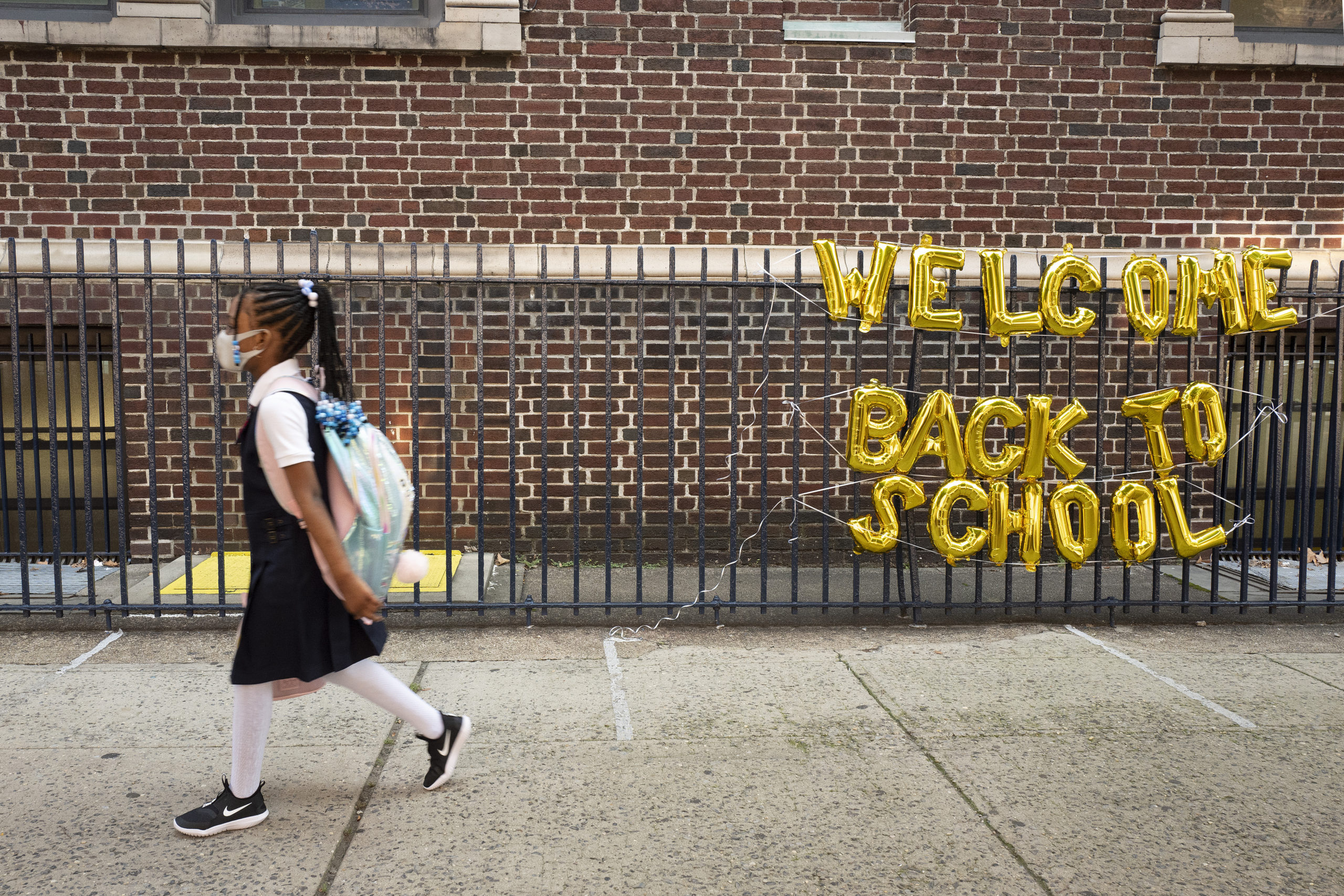Could NYC families once again have a remote option? Incoming Chancellor David Banks says yes.

Incoming Chancellor David Banks signaled on Monday that New York City may once again offer a remote option to students as coronavirus cases are on the rise.
“In listening to parents, it’s really important, I think, to provide some level of a remote option,” Banks said in an interview with Chalkbeat. “Of course, the most important thing is for kids to be back in school, we get that. But I think what’s also critically important is that we recognize that some parents are still fearful, legitimately, about the pandemic — about our ability to keep their kids safe.”
Banks, who will not officially assume the role of chancellor until January, said he’s not yet sure if such an option will be made available this school year.

Brooklyn Boro
View MoreNew York City’s most populous borough, Brooklyn, is home to nearly 2.6 million residents. If Brooklyn were an independent city it would be the fourth largest city in the United States. While Brooklyn has become the epitome of ‘cool and hip’ in recent years, for those that were born here, raised families here and improved communities over the years, Brooklyn has never been ‘uncool’.